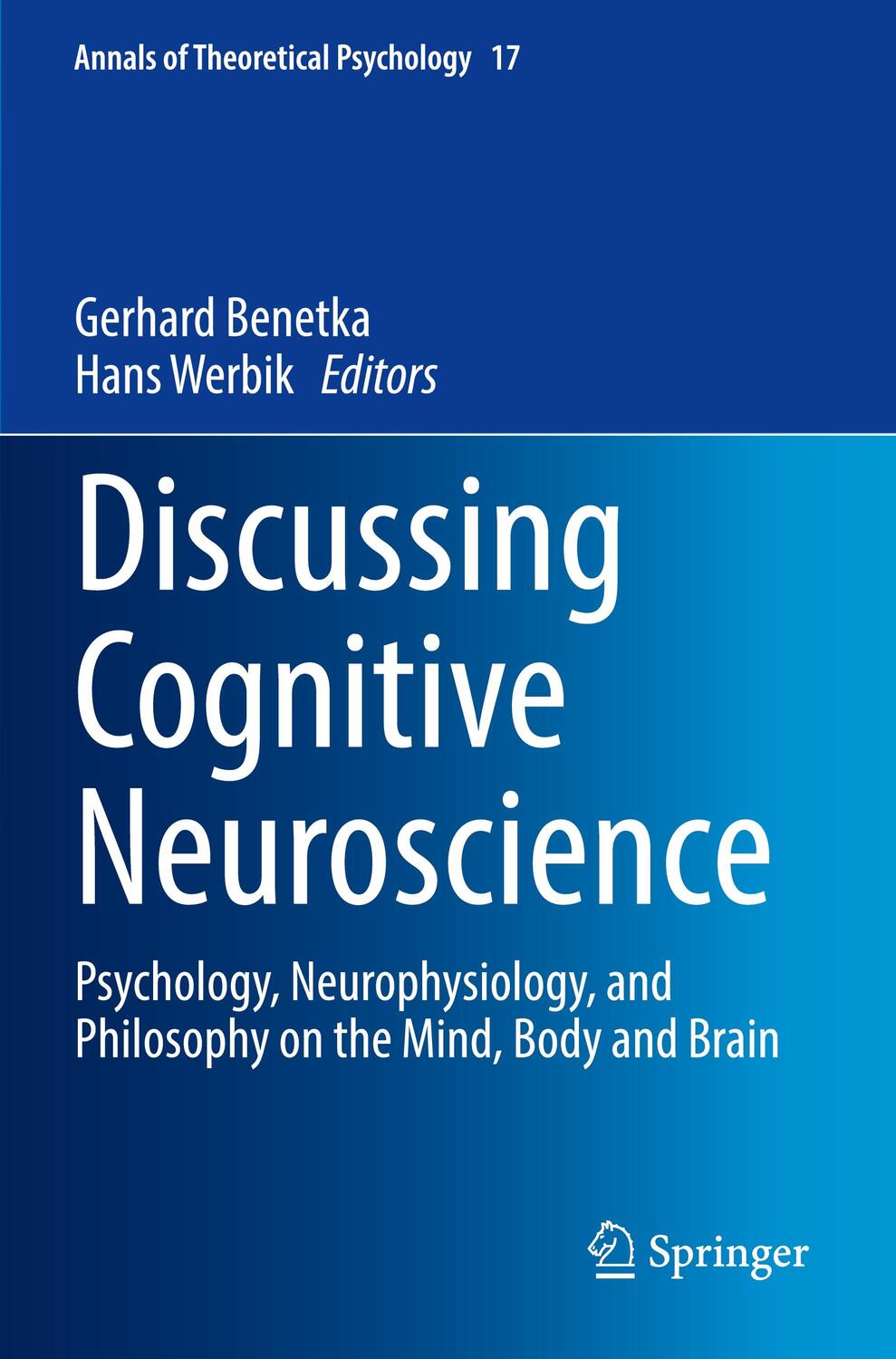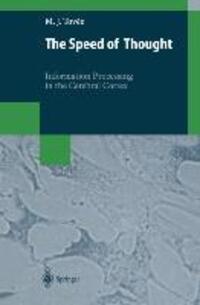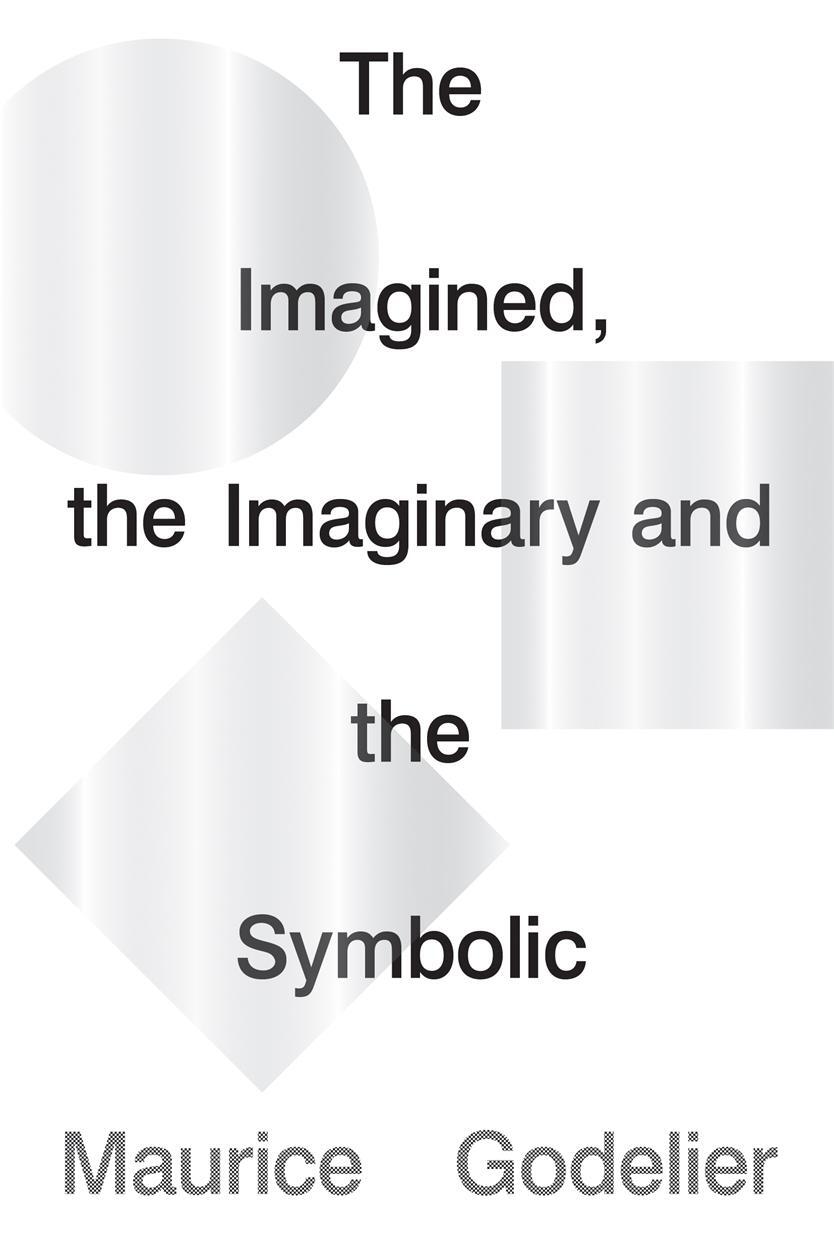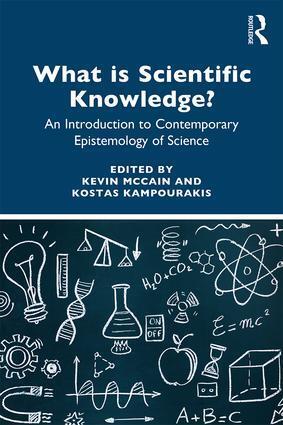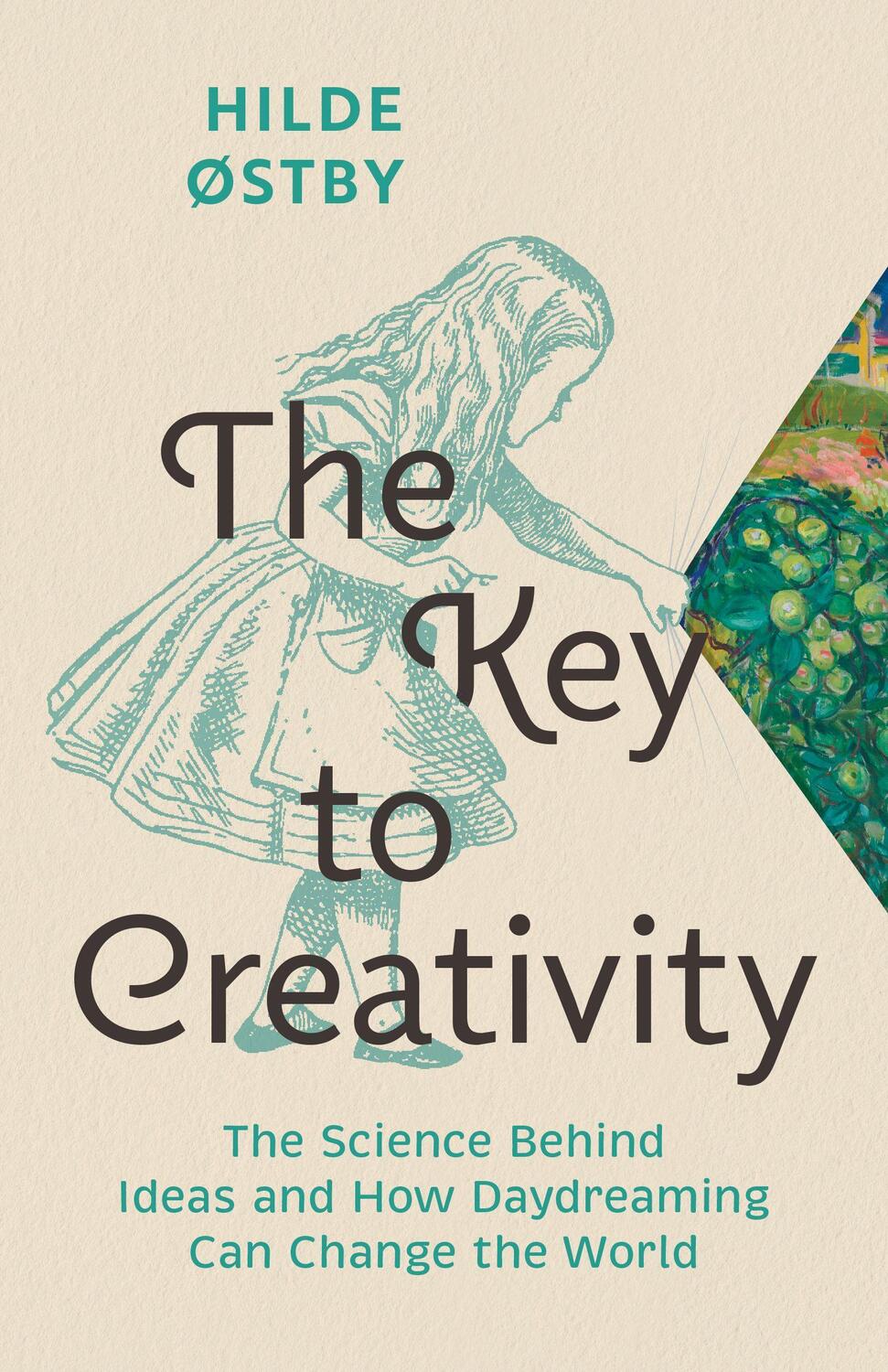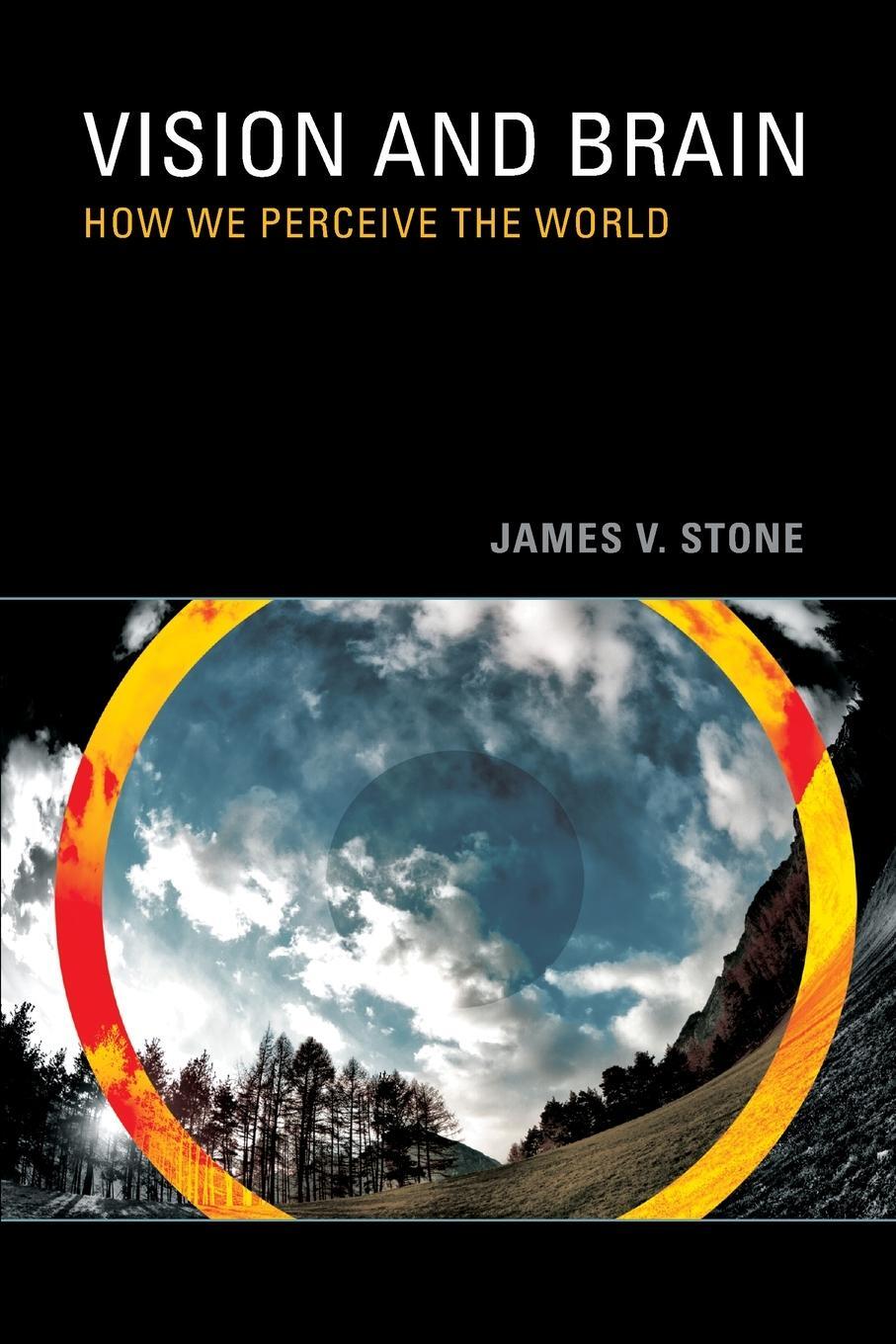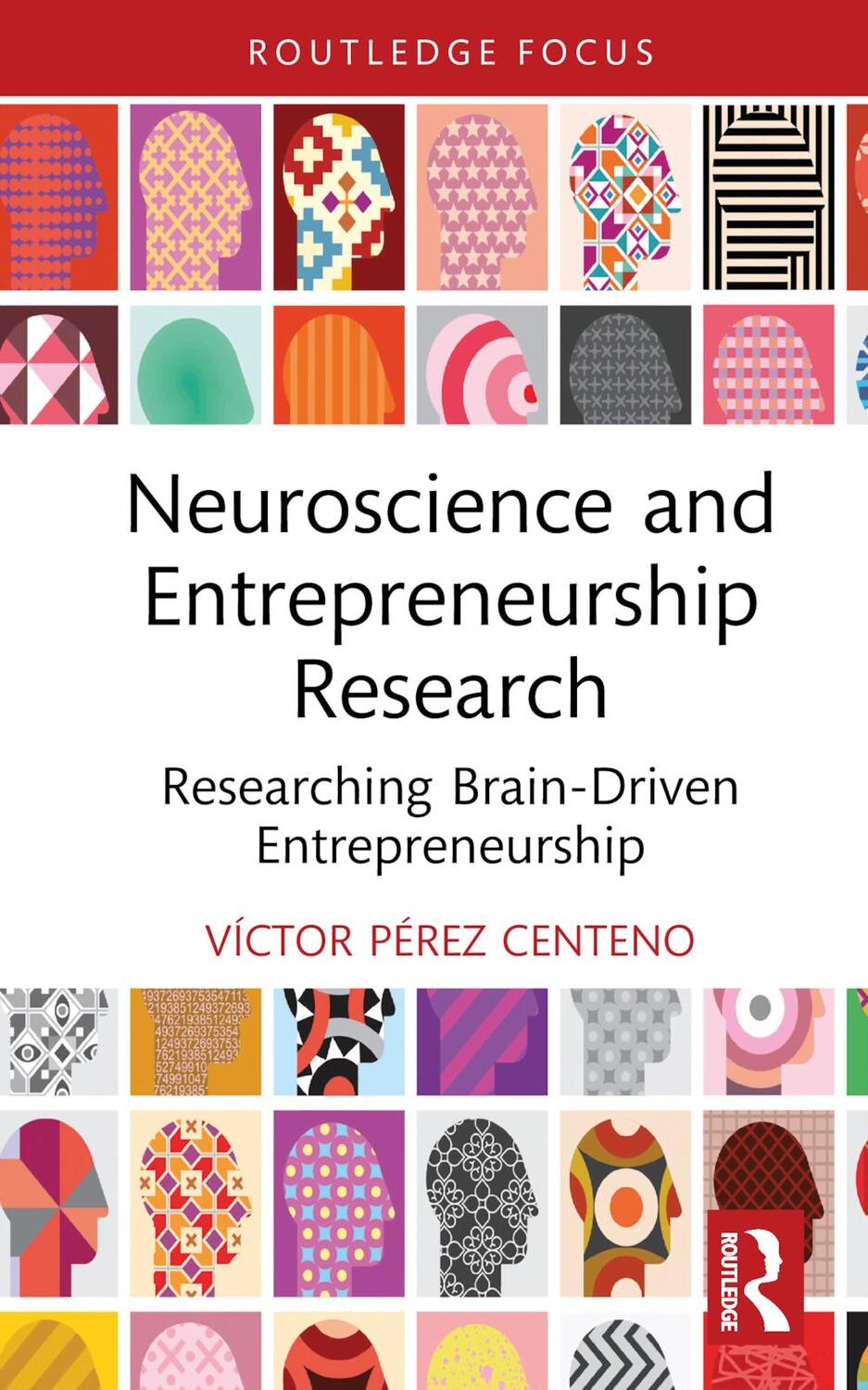57,95 €*
Versandkostenfrei per Post / DHL
Lieferzeit 4-7 Werktage
Born 1962 in Vienna, studies of psychology, history and sociology at University of Vienna; Master's degree (Mag.phil.) 1989, PhD (Dr.phil.) 1994; authorisation to teach (venia docendi) for the subject of psychology 1998; visiting professorships in Vienna, Innsbruck, Graz, Klagenfurt and in the Principality of Liechtenstein; since 2007 full professor at Sigmund Freud University; since 2015 Dean of the Faculty of Psychology and chair of the academic senate.
Hans Werbik
Born 1941 in Hollabrunn (Lower Austria), studies of psychology and musicology at University of Vienna; PhD (Dr.phil.) 1963; 1963-1965 psychologist at the Institute of Empirical Social Research in Vienna; 1965-1969 research assistant at the Institute of Psychology at the University of Tübingen; authorisation to teach (venia docendi) for the subject of psychology 1969; 1970-1973 professor, since 1973 full professor at the Institute ofPsychology at University of Erlangen-Nuremberg; since 2006 emeritus professor; since 2015 university lecturer at Sigmund Freud University.
Main points of criticism against the generalizations of neuroscientific research are explained
The viewpoint of phenomenological psychology, which is less common in the US-American discussion, is presented in detail
Against all philosophical criticism, the significance of neuroscientific research for psychology from the perspective of biological psychologists is also presented
New and original experiments to reinterpret the Libet experiment are presented
Chapter 1. Critique of neuropsychology - A polemic.- Chapter 2. Living body (Leib) or physical dataset? Antonio Damsio's and Thomas Fuchs's holistic conception of the human being as opposite standpoint to reductionist models.- Chapter 3. The person and the brain.- Chapter 4. The neuropsychological discourse in philosophical critique - Bennett/Hacker and the consequences.- Chapter 5. Persistent biologism and the misuse of neuropsychology - an activity-theoretical contribution.- Chapter 6. Measuring free will with the readiness potential? New data on an old misunderstanding.- Chapter 7. The brain as protagonist - Without the brain all is nothing.- Chapter 8. Is it possible to simulate "thought"?
| Erscheinungsjahr: | 2022 |
|---|---|
| Fachbereich: | Theoretische Psychologie |
| Genre: | Psychologie |
| Rubrik: | Geisteswissenschaften |
| Medium: | Taschenbuch |
| Seiten: | 184 |
| Reihe: | Annals of Theoretical Psychology |
| Inhalt: |
vii
171 S. 3 s/w Illustr. 171 p. 3 illus. |
| ISBN-13: | 9783030710422 |
| ISBN-10: | 3030710424 |
| Sprache: | Englisch |
| Ausstattung / Beilage: | Paperback |
| Einband: | Kartoniert / Broschiert |
| Autor: |
Werbik, Hans
Benetka, Gerhard |
| Auflage: | 1st ed. 2021 |
| Hersteller: |
Springer International Publishing
Springer International Publishing AG Annals of Theoretical Psychology |
| Maße: | 235 x 155 x 11 mm |
| Von/Mit: | Hans Werbik (u. a.) |
| Erscheinungsdatum: | 23.05.2022 |
| Gewicht: | 0,289 kg |
Born 1962 in Vienna, studies of psychology, history and sociology at University of Vienna; Master's degree (Mag.phil.) 1989, PhD (Dr.phil.) 1994; authorisation to teach (venia docendi) for the subject of psychology 1998; visiting professorships in Vienna, Innsbruck, Graz, Klagenfurt and in the Principality of Liechtenstein; since 2007 full professor at Sigmund Freud University; since 2015 Dean of the Faculty of Psychology and chair of the academic senate.
Hans Werbik
Born 1941 in Hollabrunn (Lower Austria), studies of psychology and musicology at University of Vienna; PhD (Dr.phil.) 1963; 1963-1965 psychologist at the Institute of Empirical Social Research in Vienna; 1965-1969 research assistant at the Institute of Psychology at the University of Tübingen; authorisation to teach (venia docendi) for the subject of psychology 1969; 1970-1973 professor, since 1973 full professor at the Institute ofPsychology at University of Erlangen-Nuremberg; since 2006 emeritus professor; since 2015 university lecturer at Sigmund Freud University.
Main points of criticism against the generalizations of neuroscientific research are explained
The viewpoint of phenomenological psychology, which is less common in the US-American discussion, is presented in detail
Against all philosophical criticism, the significance of neuroscientific research for psychology from the perspective of biological psychologists is also presented
New and original experiments to reinterpret the Libet experiment are presented
Chapter 1. Critique of neuropsychology - A polemic.- Chapter 2. Living body (Leib) or physical dataset? Antonio Damsio's and Thomas Fuchs's holistic conception of the human being as opposite standpoint to reductionist models.- Chapter 3. The person and the brain.- Chapter 4. The neuropsychological discourse in philosophical critique - Bennett/Hacker and the consequences.- Chapter 5. Persistent biologism and the misuse of neuropsychology - an activity-theoretical contribution.- Chapter 6. Measuring free will with the readiness potential? New data on an old misunderstanding.- Chapter 7. The brain as protagonist - Without the brain all is nothing.- Chapter 8. Is it possible to simulate "thought"?
| Erscheinungsjahr: | 2022 |
|---|---|
| Fachbereich: | Theoretische Psychologie |
| Genre: | Psychologie |
| Rubrik: | Geisteswissenschaften |
| Medium: | Taschenbuch |
| Seiten: | 184 |
| Reihe: | Annals of Theoretical Psychology |
| Inhalt: |
vii
171 S. 3 s/w Illustr. 171 p. 3 illus. |
| ISBN-13: | 9783030710422 |
| ISBN-10: | 3030710424 |
| Sprache: | Englisch |
| Ausstattung / Beilage: | Paperback |
| Einband: | Kartoniert / Broschiert |
| Autor: |
Werbik, Hans
Benetka, Gerhard |
| Auflage: | 1st ed. 2021 |
| Hersteller: |
Springer International Publishing
Springer International Publishing AG Annals of Theoretical Psychology |
| Maße: | 235 x 155 x 11 mm |
| Von/Mit: | Hans Werbik (u. a.) |
| Erscheinungsdatum: | 23.05.2022 |
| Gewicht: | 0,289 kg |

